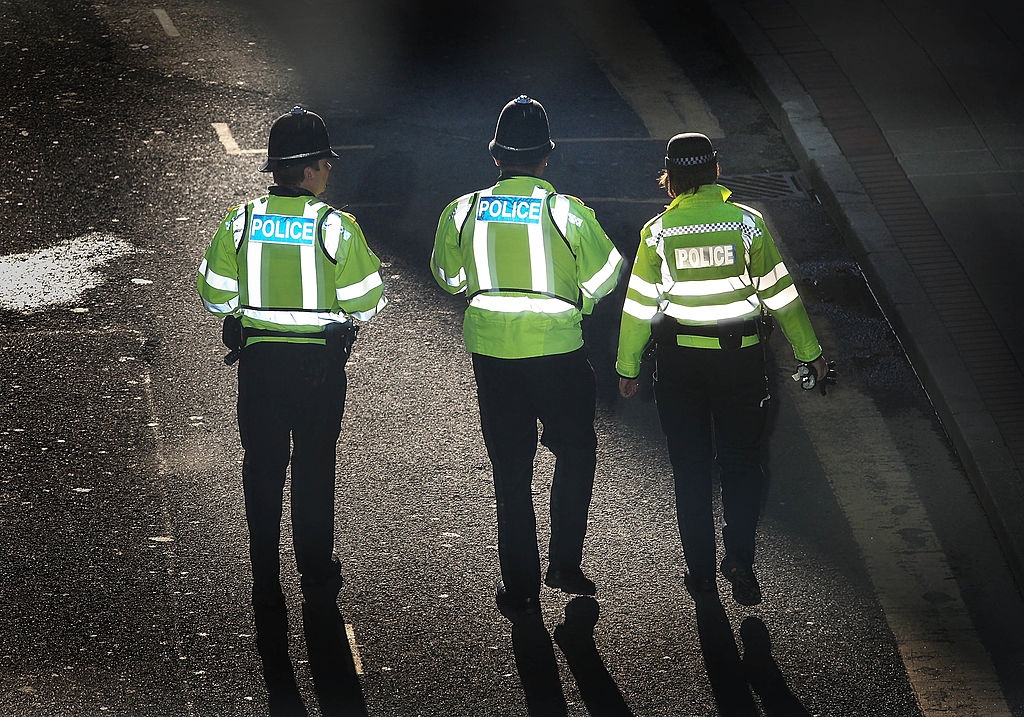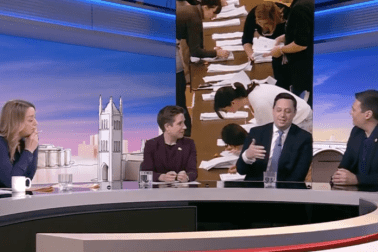In the last decade or so, a sinister group of individuals from a range of organisations have spent their energies trying to rein in the free press. Specifically they try to stop the reporting of stories that might portray any follower of Islam in a negative light. So, for instance, when someone goes full ‘Allahu Akbar’ during an attack, the press is likely to report the fact and conclude that the attacker might have been inspired by a certain religion.
At which point the army of anti-media mujahideen get to work to complain to Ofcom, Ipso and whatever other regulators they can find. In time, their work has an effect. If every story about Islam causes editors to receive a blizzard of complaints then soon they start to wonder whether it wouldn’t be easier to cover some other story. Just too much hassle, etc, etc.
In the best case scenarios, it means that readers have to read between the lines of the story to work out what is really going on. Or read an awfully long way down to find out facts – such as the identities of the attackers – that ought to be quite near the top.
In the best case scenarios it means that readers have to read between the lines of the story to work out what is really going on
When people wonder why there is so little coverage of the so-called ‘grooming gang’ cases that keep going on, this is one reason. If you focus on details about the perpetrators’ background – or what religious views they may or may not have – you could get reported on. This has repercussions, as the complainants know will be the case, and as they want to be the case.
Does a BBC report from yesterday provide a good example of the fruits of their labours? The story, which in any case didn’t get much coverage, is headlined:
‘Men hurt in homophobic attack at Birmingham’s Gay Village’.
The article relates a very unpleasant attack on a gay couple outside a gay bar in Birmingham. The men, both in their 30s, had homophobic abuse hurled at them by a group of four men who then got out of a black SUV and assaulted them. Among other things, the attackers used bottles to attack the couple, and managed to knock one of them unconscious before driving off.
What or who might be the cause of this? Could it be another case of the fabled post-Brexit hate-crime wave in which the British Leave-voting public was meant to have engaged in an orgy of abuse against all minority groups? Or could it be caused by something else?
You have to read an awfully long way down the BBC’s story – indeed to the third paragraph from the end – to find any relevant facts about the assailants. There we learn that ‘detectives said the men in the car were described as being of Middle Eastern or Asian appearance’. Which may mean a little, or may mean a lot. But it is, surely, a relevant fact.
I would expect that if a racist attack occurred on a black couple, for instance, then we would all want to know from the top of the story exactly what sort of person had carried out the attack. There are many reasons for this, not least that if the police want to catch the perpetrators then the media should help. They should make sure the public are informed so that they can assist the police in any way they can.
Can the successes of the anti-media mujahideen be seen in stories like this? A gay couple are hospitalised in the UK’s second largest city and the national broadcaster can’t even bring itself to say what needs to be said at the top of the story: which is that the couple were attacked by men of ‘Middle Eastern or Asian appearance’.
That, right there, is the story. That is how it should be reported. But the press and media in the UK have been cowed by pressure groups and made to fear writing up their own reports in the accurate fashion they would have done just a few years ago.
A small point, perhaps. But one that in the long term has clear repercussions on the way in which the public absorb facts and understand what is happening in their own country.








Comments
Comments will appear under your real name unless you enter a display name in your account area. Further information can be found in our terms of use.